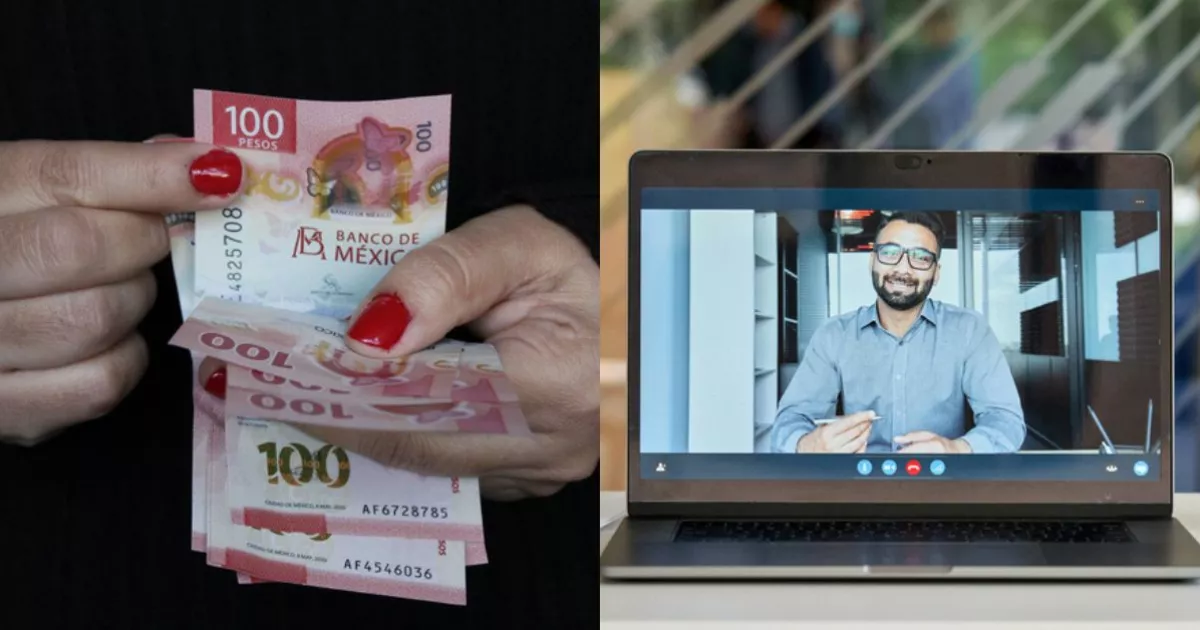How do they know if you are a good payer?
By targeting the base of the pyramid, who may work informally or have lower incomes, Aviva knows that her clients do not have a high-end phone that allows them to analyze their behavior on social networks, for example.
After an investment of 2.2 million dollars in its pre-seed round, the company has developed a system to analyze customers’ ability to pay, even when they do not have a formal financial product such as a debit card.
“Our models are based on information that has already been approved, such as the credit bureau and information from other providers that tell you, for example, how long your phone line is,” says Hernández.
In addition, in the video call, information is analyzed at audio and video levels, for example, the customer’s micro-expressions in the call, how he turns his eyes when answering questions, pupil dilation and heart rate detection.
“Another source of information is audio, it helps us detect patterns when a person is lying to us. People who lie take longer to answer or hesitate,” he asserts.
All of these behaviors help companies know how likely they are to default. The founders of Aviva say that although artificial intelligence is already used in other fields, it has not been used in this way in the financial system.
Aviva does not have branches or islands in malls to attract customers. The firm has small kiosks in Chalco, Ixtapaluca and Texcoco, where there is a large influx of pedestrians who may be potential creditors for a loan.
“When we did the market research, we saw that there are 649 small towns in Mexico with less than half a million inhabitants that have 10% financial inclusion,” adds Hernández.
So far, Aviva has given up to 500 microcredits and in February 2023 it plans to launch its credit card. They expect their license as a digital bank to take up to 36 months.















